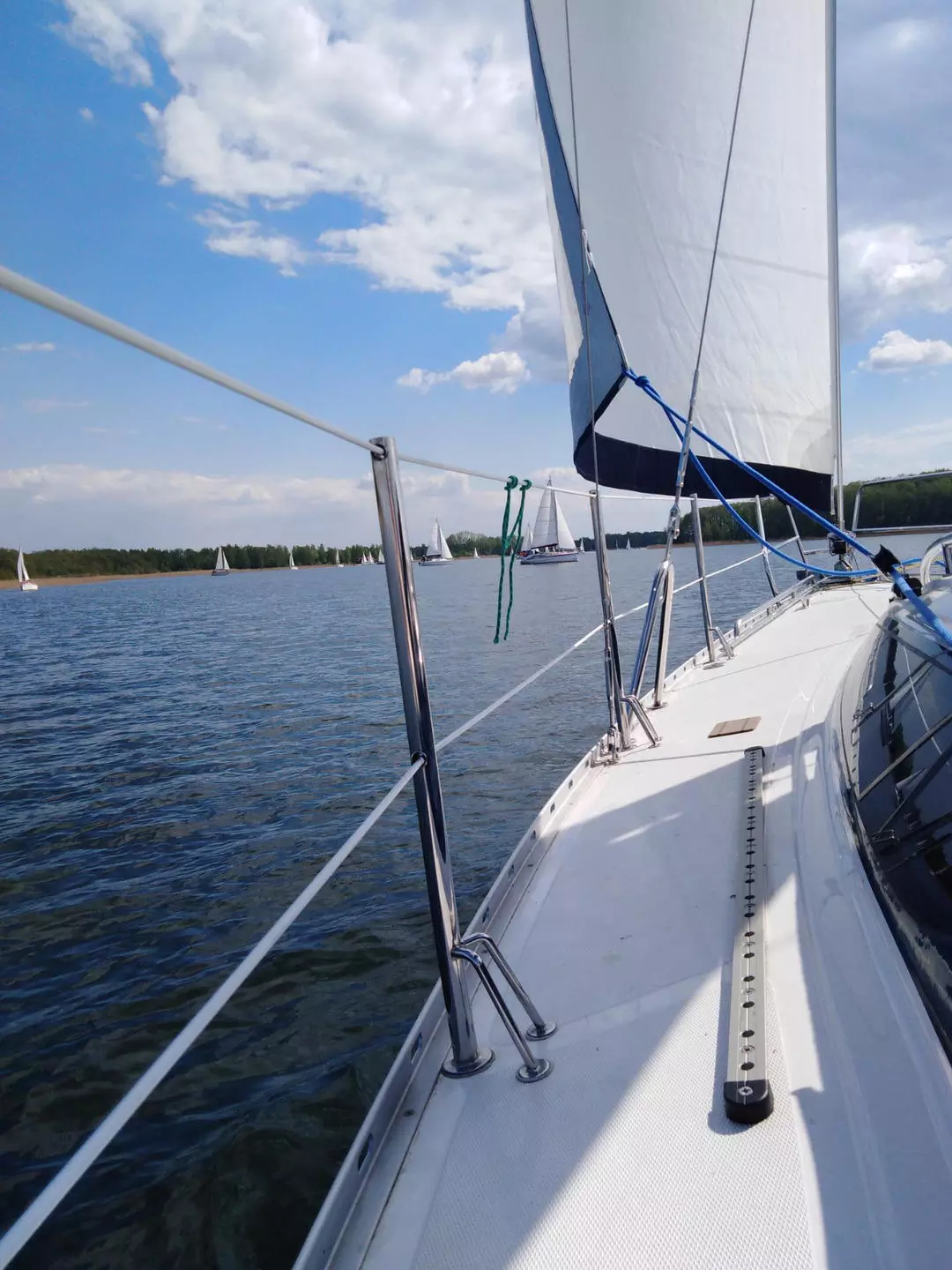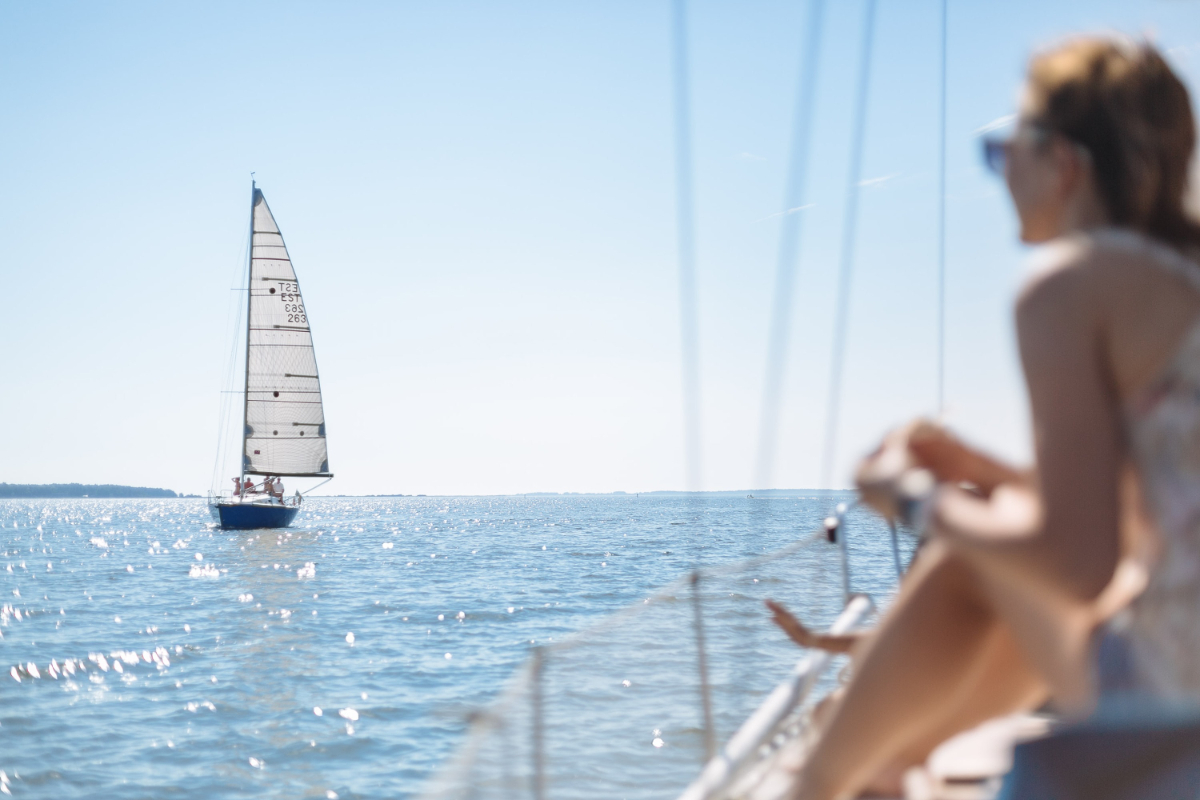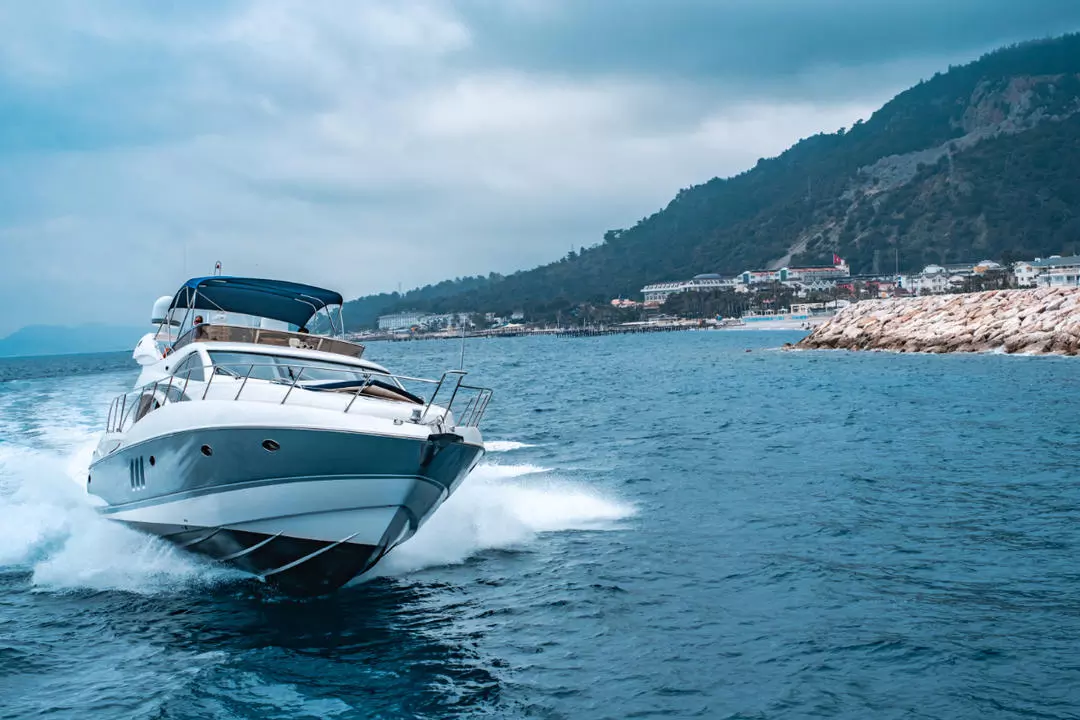This article focuses on ensuring public safety on private boats - find out what you need to know about private boat health and safety concerns.
Always Have An Alarm On The Boat
Boating is a popular pastime enjoyed by many; offering a peaceful way to spend time on the water. However, for a safe and enjoyable experience, it's important to prioritise public safety on private boats. One significant safety measure is to install a comprehensive alarm system on the boat. Having an alarm onboard plays a pivotal role in passenger safety while travelling on water.
It allows for quick alerts about potential hazards, ensuring everyone onboard can react appropriately and prepare effectively. A good alarm system in every boat should incorporate a variety of alarms, such as fire, gas leakage, and bilge alarms - these safety measures not only demonstrate a responsible attitude towards boating but also provide necessary legal protection for boat owners.
They are designed to give effective warning time in case of any unexpected emergencies, contributing to increased individual safety. Alarms give passengers peace of mind; they help to mitigate risks, making boating a safer and more enjoyable activity for everyone involved. When it comes to public safety on private boats, a sturdy alarm system is a must-have.
Always Have Boating Safety Equipment
The importance of having the correct boating safety gear onboard cannot be overemphasised, especially when it comes to public safety on private boats.
Equipment such as life jackets, lifeboats, anchors, and life rings, more commonly known as "doughnuts", can be crucial for maintaining safety during your sailing expedition.
Every individual onboard, regardless of age, is expected to have a life jacket with an appropriate fit for their body weight.
This is a crucial measure, particularly in the rare occurrence of an incident. The life jacket ensures that every occupant is capable of staying afloat in the water, reducing the risk of harm. Lifeboats represent another critical aspect of boating safety measures.

These emergency vessels provide a haven for passengers in the unfortunate event of the main boat sinking, allowing everyone to stay safe whilst awaiting rescue. A sturdy, reliable anchor is also extremely important.
When cast, the anchor secures the boat from drifting due to strong currents, as well as keeping it securely stationed during periods of rest or when passengers are swimming. This prevents any unexpected drifting, which can lead to accidents. Moreover, safety rings, or life rings, are pivotal for helping people who may struggle with swimming. These rings are typically thrown into the water to help an individual struggling to stay above water.
Before setting sail, it's important to verify the authenticity and functionality of all the above safety gear. This simple but vital step is extremely important when it comes to ensuring a smooth and safe sailing experience. By prioritising public safety on private boats, you can significantly reduce the occurrence of sailing-related mishaps and enhance the overall enjoyment of the journey.
Always Check The Weather
Checking the weather before going on a boating trip is not just advisable, it's essential for everyone's safety. Bad weather can quickly turn a fun day on a private boat into a dangerous situation. Therefore, always make a point of looking up the latest forecasts before you even leave the dock. These forecasts can be accessed conveniently through numerous technology platforms, including weather apps on your mobile device.
Furthermore, reaching out to your local coast guard is another reliable method to get accurate and quick weather information. They can warn you of any impending adverse conditions that may not yet be apparent. It's important to understand how to interpret these weather forecasts, as this knowledge forms an integral part of the safety precautions all boaters should adhere to.
Although it might be sunny as you set sail, the weather can shift dramatically, imposing high seas, heavy rain or even hail without much warning. Therefore, maintaining a constant lookout for sudden weather changes, even during the voyage, is crucial. It's always better to be cautious and avoid boating in severe weather conditions entirely.
Always Test Private Boats For Legionella
The importance of testing for Legionella on private boats should not be underestimated, as it has a substantial influence on public health and safety.
Legionella is a potentially dangerous bacterium responsible for causing Legionnaires' disease, a severe form of pneumonia. It's important to remember that Legionaires' disease is contracted through inhaling water droplets containing these harmful bacteria.
Therefore, the condition of a boat's water system is important. In the context of managing a private boat, it underlines the necessity of regularly checking and monitoring the water system on board.
Conducting these tests helps to prevent and control any potential outbreak, thereby safeguarding public health.

However, the testing process should be in the hands of a certified professional to ensure it's done correctly, and effectively and that no risk is overlooked. Contracting Legionnaires' disease can lead to symptoms similar to pneumonia. Symptoms can include diarrhoea, nausea, and even confusion; the symptoms usually surface between 2 to 14 days post-exposure.
Another illness related to Legionella is Pontiac fever, which is a milder infection. Symptoms primarily include fever and muscle aches, which typically develop a few hours to 3 days after exposure to the bacteria and generally don't last longer than a week. Therefore, being proactive about Legionella testing on private boats is essential for minimising health risks.
Private Boats Should Always Undergo Safety Testing Examinations
It cannot be overstated how vital it is for private boats to undergo meticulous testing and thorough maintenance. These in-depth inspections, carried out exclusively by experts, provide an evaluation of the boat’s engine, electrical systems, hull, and all safety equipment - ensuring they're all operating flawlessly. Through these checks, potential boating accidents can be effectively prevented; thereby serving as a safeguarding measure.
Moreover, regular and systematic upkeep optimizes your boating experience, making it even more secure and relaxing for everyone. By undergoing routine maintenance and repairs, especially for older vessels, boat owners can prevent accidents.
Keeping a boat in prime condition not only reduces the risk of accidents and injuries but can also save lives. Maintaining the exterior cleanliness of a boat is about more than just aesthetics. Effective external cleaning serves as a potent preventative measure against damaging rust and erosion.
Moreover, for boaters frequently navigating differing waterways, cleaning can prove an effective defence against potentially invasive plant and animal species, thus serving as an essential protective measure for the vessel. Therefore, to maximise safety and ensure a pleasant, trouble-free boating experience, dedicated maintenance and meticulous testing should be absolute priorities for any responsible boat owner.

